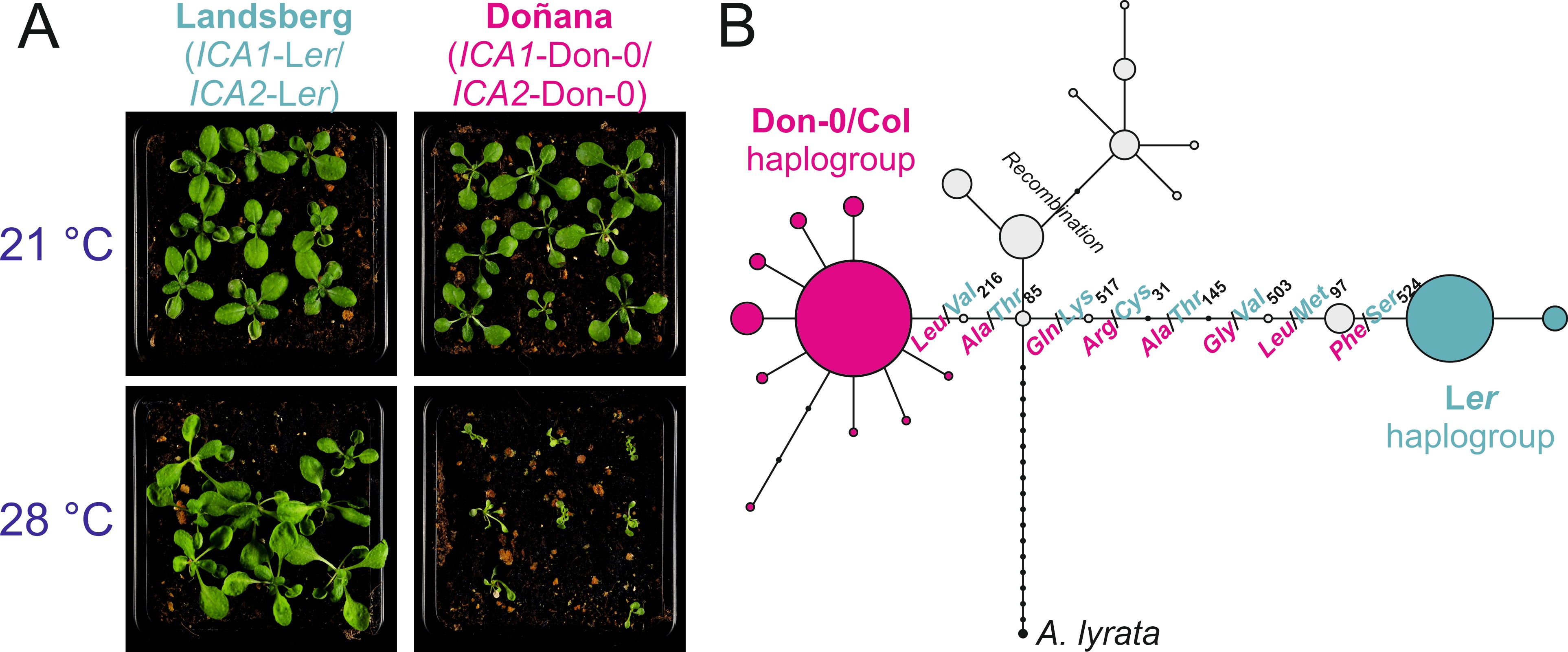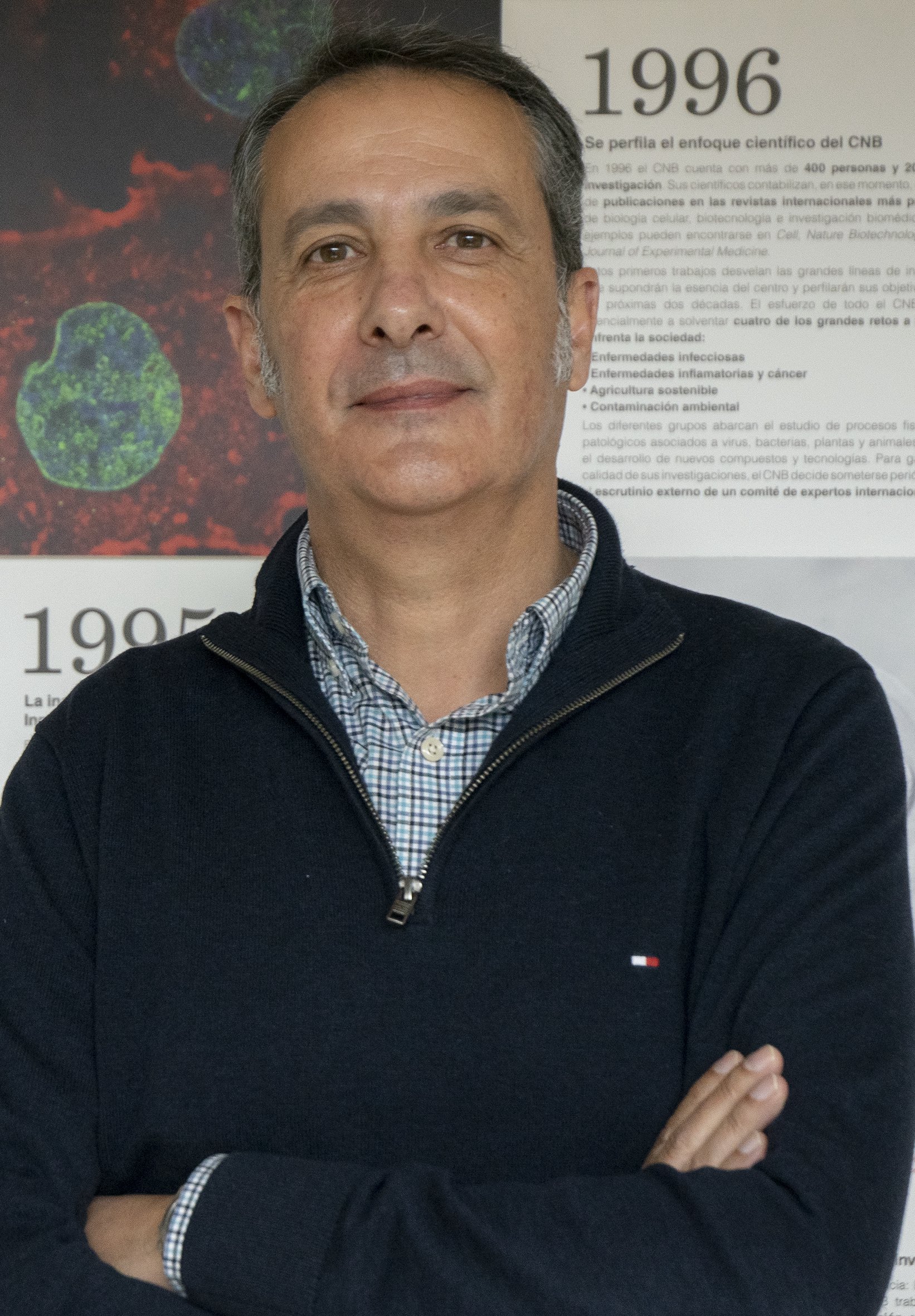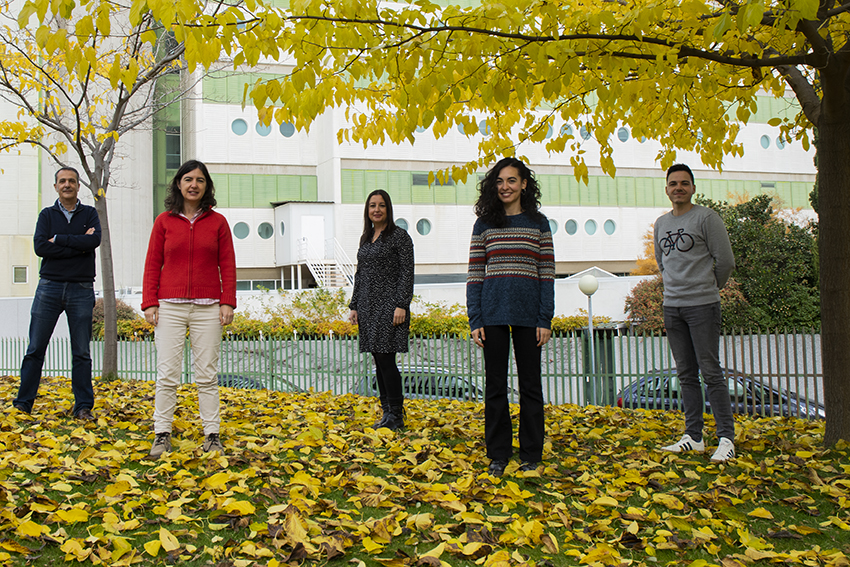Carlos Alonso-Blanco
Group Leader
Research summary
The main objective of our research is to understand the genetic and molecular mechanisms involved in plant adaptation. We are dissecting the genetic variation in the model annual plant Arabidopsis thalianain nature. Similar to many other plant species, individuals and populations of A. thaliana living in different geographical regions differ in many developmental traits that are presumed to reflect adaptations to different environments.
Publications
Arteaga A, Savic M, Méndez-Vigo B, Fuster-Pons A, Torres-Pérez R, Oliveros JC, Picó FX, Alonso-Blanco C. MYB transcription factors drive evolutionary innovations in Arabidopsis fruit trichome patterning. The Plant Cell, 2021,33:3, March, 548–565
Castilla AR, Méndez-Vigo B, Marcer A, Martínez-Minaya J, Conesa D, et al. Ecological, genetic and evolutionary drivers of regional genetic differentiation in Arabidopsis thaliana. BMC Evol Biol 2020; 20: 71.
Thiergart T, Durán P, Ellis T, Vannier N, Garrido-Oter R, et al. Root microbiota assembly and adaptive differentiation among European Arabidopsis populations. Nat Ecol Evol 2020; 4: 122-131.
Méndez-Vigo B, Ausín I, Zhu W, Mollá-Morales A, Balasubramanian S, Alonso-Blanco C. Genetic Interactions and Molecular Evolution of the Duplicated Genes ICARUS2 and ICARUS1 Help Arabidopsis Plants Adapt to Different Ambient Temperatures. Plant Cell 2019 Jun;31(6):1222-1237
Delgado D, Sánchez-Bermejo E, de Marcos A, Martín-Jimenez C, et al. Genetic dissection of natural variation for stomatal abundance traits in Arabidopsis. Front Plant Sci 2019; 10: 1392.
Montes N, Alonso-Blanco C, García-Arenal F. Cucumber mosaic virus infection as a potential selective pressure on Arabidopsis thaliana populations. PLoS Pathog 2019; 15: e1007810.
The main goal of our laboratory is to understand the genetic, molecular and evolutionary mechanisms involved in plant adaptation. In particular, we are interested in understanding how developmental traits, such as flowering time, vegetative growth, or trichome patterning, enable plant adaptation. To address this question we are exploiting the genetic variation that exists in nature within the wild, annual, and model plant Arabidopsis thaliana.
Given the relevance of climate change, our research is currently focused in identifying new genes and natural alleles that are involved in the adaptation to different climates. To this end, we are exploiting an A. thaliana regional collection of more than 400 wild accessions collected in the Iberian Peninsula (Montes et al., 2019; Castilla et al., 2020). The analysis of this collection for plant growth has identified an accession from Doñana National Park (Don-0) that is not able to grow at high temperature (Figure 1). Further genetic and molecular analyses identified ICARUS2 as a new gene involved in adaptation to temperature seasonality. In addition, we are studying A. thaliana natural populations for other relevant traits, such as stomata density (Delgado et al., 2019), or microbiome composition (Thiergart et al., 2020).
Finally, in collaboration with Antonio Leyva’s laboratory from the CNB, we are also studying the application of natural varieties of duckweed aquatic plants (Spirodela polyrhiza and Lemna sp and) for water phytoremediation. In particular, our lab is currently involved in the project “Duckweed technology for improving nutrient management and resource efficiency in pig”.









